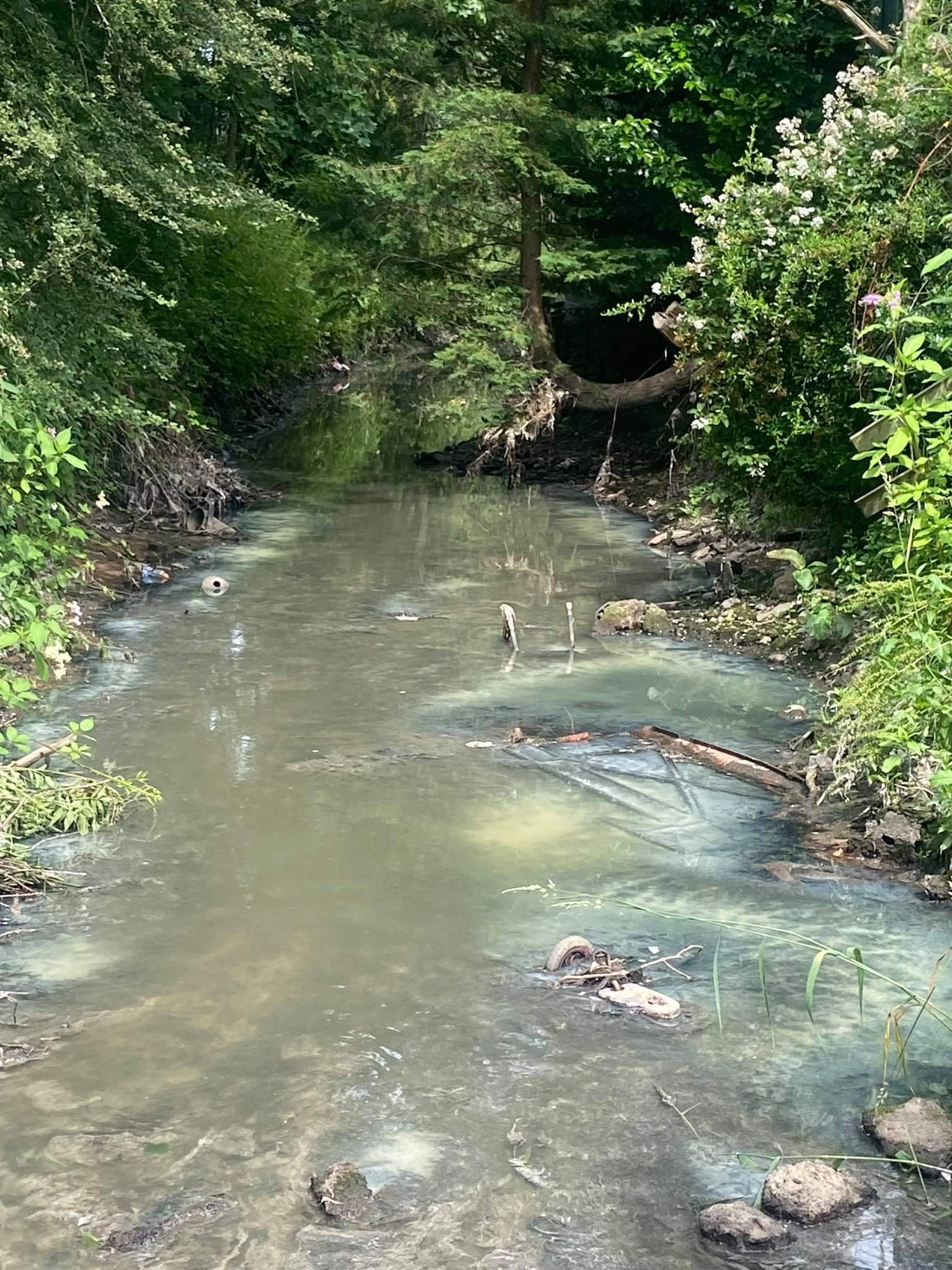EA: Firms behind worst pollution cases should face ‘much tougher punishment’
Environment Agency’s chief executive Sir James Bevan is to set out his vision for post-Brexit environmental regulation.

Your support helps us to tell the story
From reproductive rights to climate change to Big Tech, The Independent is on the ground when the story is developing. Whether it's investigating the financials of Elon Musk's pro-Trump PAC or producing our latest documentary, 'The A Word', which shines a light on the American women fighting for reproductive rights, we know how important it is to parse out the facts from the messaging.
At such a critical moment in US history, we need reporters on the ground. Your donation allows us to keep sending journalists to speak to both sides of the story.
The Independent is trusted by Americans across the entire political spectrum. And unlike many other quality news outlets, we choose not to lock Americans out of our reporting and analysis with paywalls. We believe quality journalism should be available to everyone, paid for by those who can afford it.
Your support makes all the difference.The nation’s worst corporate polluters should face fines that put a “major dent” in their bottom lines and have their bosses jailed, the Environment Agency has said.
The agency’s chief executive Sir James Bevan is setting out his vision for post-Brexit regulation, arguing for higher standards, greater punishment for rule-breakers, and industries shouldering more of the cost burden of regulation.
In a speech to the Westminster Energy, Environment and Transport Forum conference, he will say he wants to see changes that would see regulators “speak softly” at first but ultimately carry a bigger stick.
His comments come amid anger over environmental problems such as the state of England’s rivers, which the parliamentary Environmental Audit Committee said were suffering a “chemical cocktail” of sewage, agricultural waste, and plastics.
Southern Water was handed a record £90 million fine for 6,791 unpermitted sewage discharges last summer, while the Environment Agency and watchdog Ofwat have launched a major investigation into sewage treatment works.
While Sir James will acknowledge that EU legislation, much of it written by the UK, had done a lot of good and what worked should be kept, he will also say there is a need for an overhaul.
He will set out the need to define more clearly what goals need to be achieved by when, such as healthy water quality in all English rivers by 2030.
The model would set higher standards and “the regulators would speak softly, at least at first”, he will say.
“But not every operator has good intent, so the future model I’d like to see would also carry a much bigger stick.
“It would make regulated industries pay the full cost of their regulation. They currently don’t. Quite a lot of it is subsidised by the taxpayer.
“It would make them pay the full cost of repairing any damage they do to the environment. They currently don’t do that, either.”
Under the agency’s plans, there would be “much tougher punishment for the biggest and worst polluters.”
Sir James will say: “In cases of extremely harmful and reckless pollution – and we’ve seen far too much of that in the last few years – that would include fines so large they would put a major dent in companies’ bottom lines and sentences that would put their bosses in jail.
“That would greatly concentrate the minds of boards and chief executives and have a powerful deterrent effect.”
And while greenhouse gas emissions from the sites the EA regulates have fallen by half since 2010, England did not have exactly the right regulation in place and it should change to fit the new context of the climate emergency, Sir James will argue.
He will tell delegates: “However differently we think, however softly we speak, and however big the stick we carry, let’s remember the point behind all of this: to be the first generation to leave the environment in a better state than we found it.”